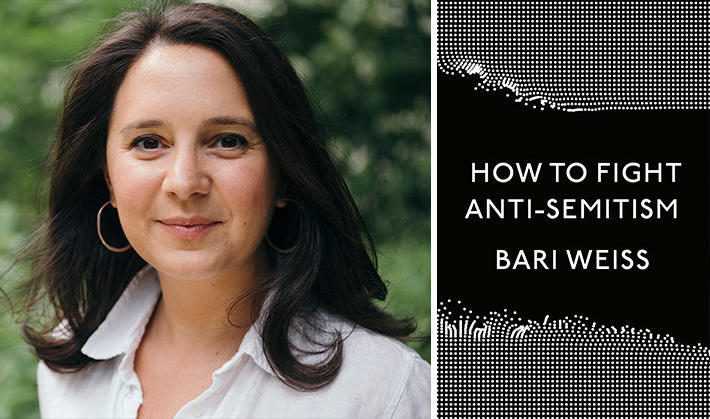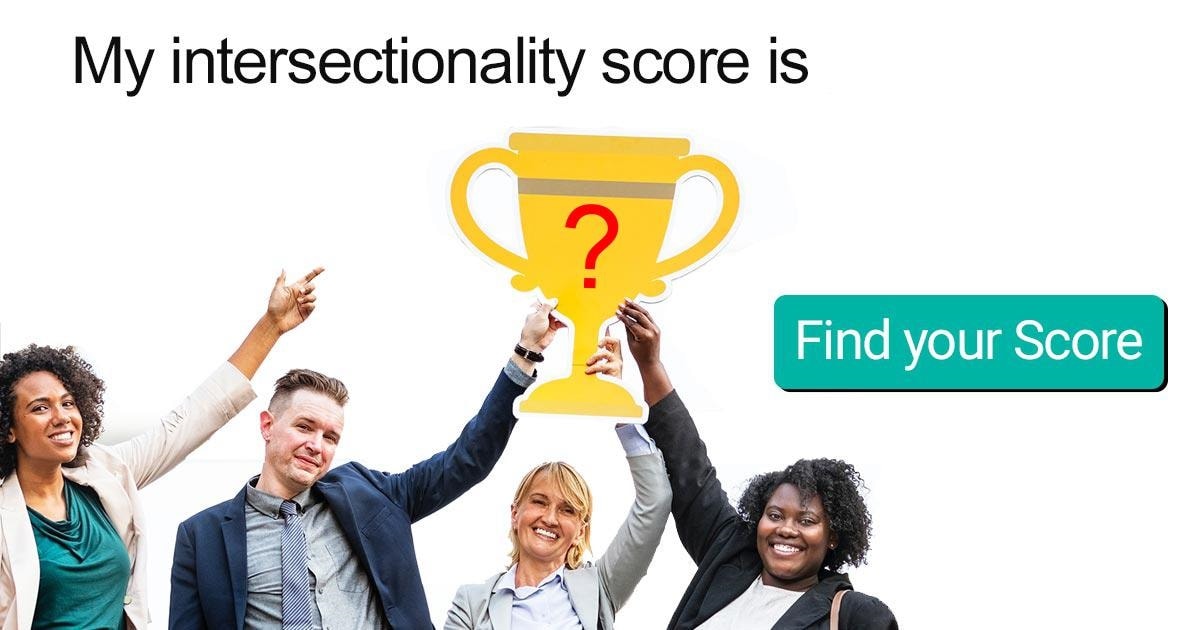Is there a questionnaire I can fill out to determine my 'dominance score' in society based on my gender, sex, sexual orientation, religious status, income level, degree of educational attainment, age, geographical region of birth, marital status, trauma history, military (or veteran) status, pet owner vs. non-pet owner, size of biological family (living relatives), and so on ad infinitum?
Isn't everyone a member of a disadvantaged ('victimized') class on one or several of these types of classification variables? Isn't the same person also a member of a privileged ('oppressor') class on other variables? Should we use these demographic/history variables to give individuals a score on some 'disadvantaged' vs. 'privileged' dimension and weight their expressed opinions based on this score? Or maybe we should establish a cutoff score and just prevent those below a particular score from posting.
When I went into psychology, there was an emphasis on studying and trying to understand people as individuals, not as 'oh yeah, Bob over there is a white, heterosexual, Christian male with a decent job so he's obviously a privileged member of an oppressor class' so his view can be discounted merely on the basis of these demographic characteristics (most of which, by the way, are: (1) not chosen and (2) not modifiable). I mean, I guess Bob could quit his decent job, renounce his religion, and seek out a 'gender affirming' surgical procedure.
I think a lot of the back and forth and, ultimately, strong emotions that are being exhibited in the thread are the result of people having different underlying assumptive frameworks. And, as it looks to me, the 'dominant' assumptive framework in professional psychology in 2019 is not 'masculine' in any respect (literal or figurative). That's part of what makes all of this so fascinating.
I mean, is it as simple as: 'If you're a male psychologist then you're a member of the dominant class?' Really? So a first-year male graduate student in a clinical psych class cohort is 'dominant' over--say--Marsha Linehan who heads up the program?
Picking a single non-modifiable and non-chosen (male/female) demographic characteristic and making it the basis for deciding who is 'privileged' vs. 'victimized' is an inherently divisive assumptive framework. Men (as individuals) are obviously going to object to being arbitrarily labeled in that manner.


